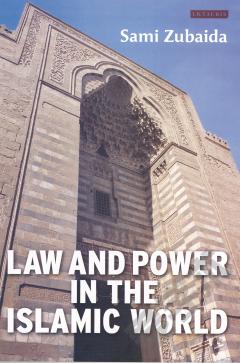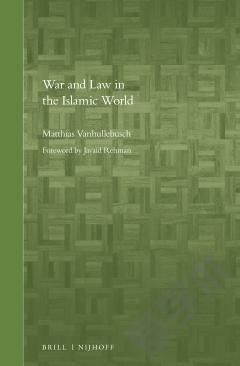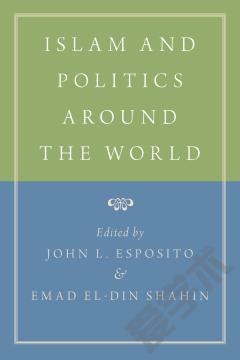Law and Power in the Islamic World
Islamic law (the Shari'a) and its application is a central issue in contemporary Islamic politics and culture. Starting from modern concerns, this book examines the origins and evolution of the Shari'a and the corpus of texts, concepts and practices in which it has been enshrined. The central paradox in this history is one of power: the Shari'a is jurist's law, theoretically derived from sacred sources, yet dependent for its institution and application on rulers, with their own agendas and priorities. Sami Zubaida here considers key historical episodes of political accommodations and contests between scholars and sultans. Drawing on modern examples, mainly from Egypt and Iran, Zubaida explores how the Shari'a has evolved and mutated to accommodate the workings of a modern state by examining the reforms of the 19th and 20th centuries and the politics of the contemporary world. Law and Power in the Islamic World is an original and significant contribution to the debates surrounding Islam and ideas of modernity. As such its appeal and importance range across a wide spectrum of readers, students and scholars interested in Islamic law and the politics and social structures of the Muslim world."Extremely informed and highly readable: unlike any previous writings on the subject, it combines deep historical analysis with a vital sociological and political perspective. In these difficult times, it will be required reading both for experts and for the general reader with any serious interest in the world today."Eberhard Kienle, SOAS.
{{comment.content}}








 京公网安备 11010802027623号
京公网安备 11010802027623号